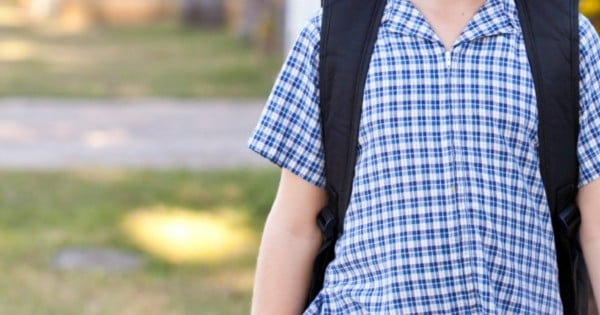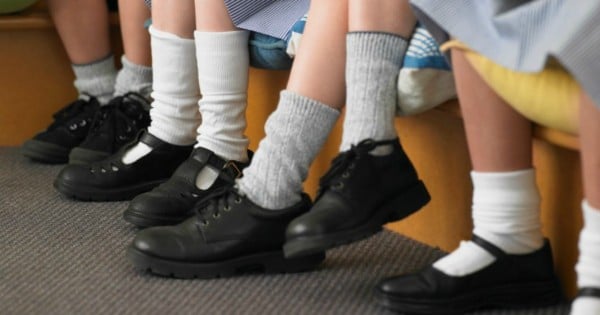
Giving your child ‘The Talk’ as a one-off as they enter adolescence simply isn’t good enough.
Discussion around sexuality is best started when children are very young and becomes one of the many things they learn about as they grow. It should become a normal and relaxed subject to discuss similar to the myriad of other questions children ask, like ‘why is the moon in the sky?’
Children are naturally interested in babies, pregnant women and the life cycles of animals. Having appropriate knowledge protects them from incorrect information and silly myths.
Many parents feel they should wait until their child starts asking questions, however all children are different. Some will come up with endless questions about everything while others do not and this means natural opportunities to talk about bodies and sex are lost.
We are proactive about things such as safety around the house and road safety, so why should it be different when it comes to sexuality education? (Maybe this reflects our own anxieties about approaching this topic).



Top Comments
Why does a 4 or 5 year old (primary school age) need to know about intercourse? I think I was told at somewhere between 8-10. Curious as to why the recommendation is so young?
God I feel sorry for poor kids today. Little kids having to absorb all this information before they go to school??? Give me a break.
We live in a world of 'experts' today. Adults who somehow think they know what little kids need to hear and when. It's all about 'them' and their ego.
.... and to add insult to injury, it's called progress.
You can't wrap kids in bubblewrap and pretend their as delicate as glass ornaments. The world around them exists and it's not doing them favours to pretend it doesn't. We live in world that has a relatively sex saturated media and a somewhat raunchy culture - my guess is most children will develop a curiosity about these things and start asking questions. They deserve honest factual answers.